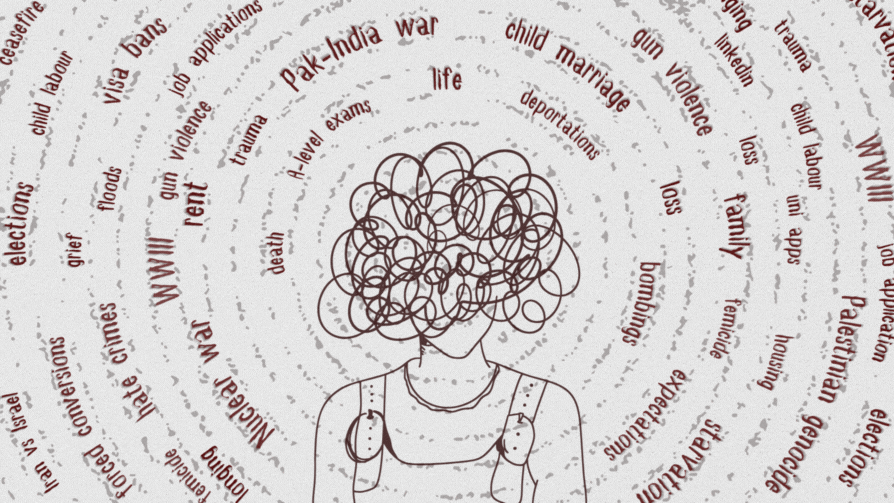Samar Minallah Khan's award-winning documentary captures the courage of Pashtun girls in the face of displacement
Pakistani filmmaker Samar Minallah Khan's documentary OutSwing won the Best Documentary award at the Annual Borrego Springs Film Festival in California recently, adding to the 20 plus awards the film about an all-girls cricket team has accumulated already.
In a tweet posted on March 30, the filmmaker shared about the documentary's win at the festival held in March. "Our film OutSwing won Best Documentary award at the Annual Borrego Springs Film Festival, California. It's a story of an all girls cricket team and their supportive coach," she wrote.
OutSwing documents "the stories of pain and joy", and how a group of girls overcome their fears and find strength through something as simple as a game of cricket. It focuses on a group of Pashtun girls from Mashal Model School, located on the outskirts of Islamabad near the shrine of Bari Imam where internally displaced Pashtuns relocated from remote villages when they were impacted by natural disasters and violent conflict.
When Akhtar Zeb, a former professional cricketer hailing from Khyber Pakhtunkhwa, invites the girls to form a cricket team, they taste the freedom and confidence one gets from participating in sports for the very first time. In the documentary, conflict arises when the girls have to "weigh the joy of playing against the expectations and deeply held cultural values of their families".
In the face of community condemnation and pressure from their homes, the girls struggle to keep on playing the game they love. All are tested when their cricket team is offered the chance to play a match against Khaldunia, one of the best private schools in Islamabad.
In cricket terminology, out-swing means something that moves away from the line of bowling. This form of bowling, despite the risk of being called a wide ball, can be a game changer for the team. According to Zeb, "Cricket is for those who have courage. It’s more than just a game. It’s a match that changes many lives."

Filmmaker Minallah told Images about her aspirations for the film as well as the lives the documentary has come to touch.
"Before I started making this film, I knew the cricket field was special to these girls, but it was only after I completed the film that I realised the cricket field was life altering," Khan said, talking about how her understanding as it evolved with the film's completion.
One of the driving forces for the filmmaker was the image of Pashtun girls being portrayed as how she perceives it — "heroes who have been defiant and courageous, even in the face of displacement and relentless discrimination" instead of passive victims that the Western media lens portrays them as. "They have been forced to abandon their homes, but they refuse to abandon their dreams," said Khan.

The filmmaker said that even the men she interviewed embodied the defiant spirit of "standing against social expectations and becoming supporters of the girls’ dreams — in simply finding these dreams WORTH protecting".
Speaking about the impact of the documentary, Khan said OutSwing has received several awards in the film festival circuit and the cash awards were donated to the school featured in the documentary. The filmmaker also expressed the desire to ease the school's financial constraints through fundraising.

She shared about when the girls' cricket team coach watched the film at the DIVVY Film Festival in Islamabad for the first time. "The coach received a standing ovation by the audience. His reaction and how overwhelmed he was at the positive response made my day," she said. "This is the kind of response that inspires such heroes to do more. The aim of my films is to shed light on such silent allies, to bring their example to a larger audience, to showcase them as everyday role models. I want the audience to relate to a different kind of hero."
"One of the girls [from the documentary] recently shared the news of winning a ‘Sportsperson of the match’ award at a recent game in Islamabad. This is Wajiha, who used to sell sweets outside Bari Imam Shrine to support her family," Khan said, asserting that it’s the little things that add up over time.














Comments